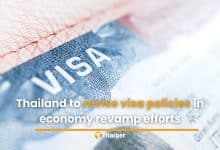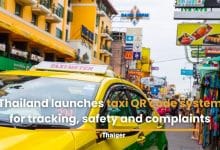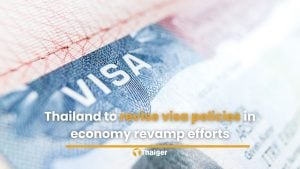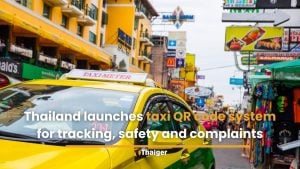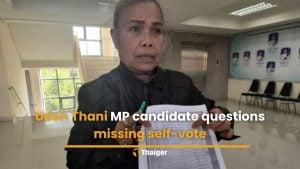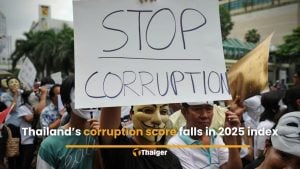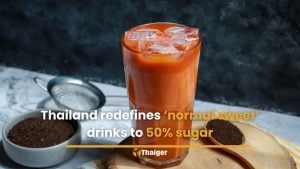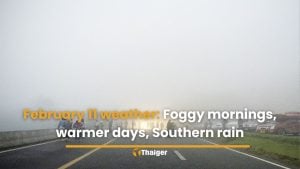Tourism operators pinning hopes on vaccine rollout
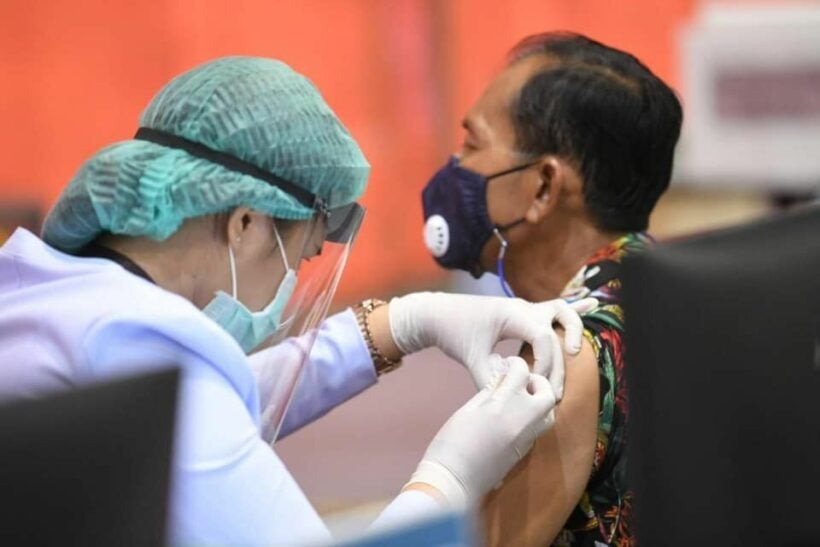
Thailand’s tourism operators are pinning all their hopes on the national vaccine rollout, which kicks off today. However, the government’s reputation for vaccine procurement and management has come in for sharp criticism and confidence is not high.
Already, a number of provinces have had to postpone their vaccine rollouts after receiving an insufficient number of doses from the Public Health Ministry. Even the Chulabhorn Royal Academy, which plans to import doses of the Chinese Sinopharm vaccine, has been affected after not receiving any doses from the government.
The Bangkok Post reports that while Phuket seems to be on track to vaccinate 70% of its population before its July 1 re-opening, other tourism destinations are struggling. Ratchaporn Poolsawadee from the Tourism Association of Koh Samui says he doesn’t know when the island will achieve the goal of herd immunity but that its planned re-opening must go ahead.
“The Samui Sealed Route for travellers has to move forward with its re-opening plan in the second half, despite the possibility of a vaccination delay.”
In northern Thailand, Punlop Saejew from the Tourism Council of Chiang Mai says his province has received no update on vaccine distribution, despite its planned “sealed route” scheme in August, followed by an October re-opening. He is calling on the government to allow private hospitals and provincial administrative organisations to purchase alternative vaccines.
According to the Bangkok Post report, the Federation of Thai Industries is relying on the Sinopharm doses the CRA plans to import, amid concerns the government’s rollout will be affected by supply issues. Kriengkrai Thiennukul from the FTI says it has signed a deal to receive 300,000 Sinopharm doses from the CRA, adding that around 6,000 of its member organisations say they’re happy to pay for vaccination for their employees if it means they can avoid the registration and delays hampering the government rollout.
Both Chinese vaccines – Sinovac and Sinopharm – have lower efficacy rates than vaccines like Pfizer, which has been shown to have a protection rate of 98%. According to the World Health Organisation, Sinopharm offers 79% protection against symptomatic illness. However, the United Arab Emirates is now offering some citizens 3 shots of Sinopharm as they haven’t developed sufficient immunity after 2. And in Bahrain, infection rates failed to drop even after half the population was fully vaccinated with Sinopharm.
SOURCE: Bangkok Post
Latest Thailand News
Follow The Thaiger on Google News:
